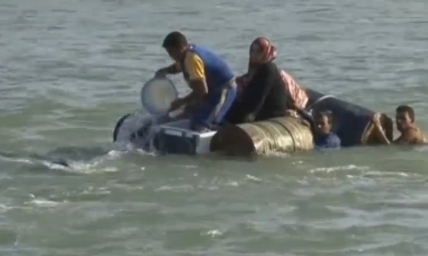How you can pray for the volatile situation in the Middle East
That’s why we should take the most powerful action possible in the face of this volatile situation — pray.
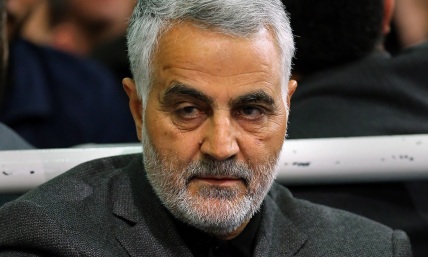
That’s why we should take the most powerful action possible in the face of this volatile situation — pray.

As the world obsesses over the power struggle for Venezuela’s presidency, most Venezuelans are worried about something else: “Will my children eat today?”
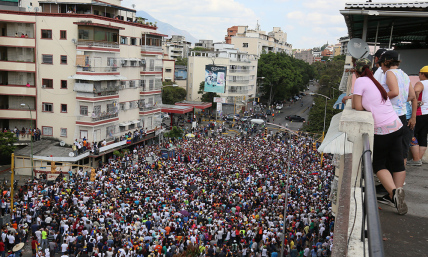
It was 6 p.m. on a Sunday evening. My family had once again gone to church without me, as I was not healthy enough to go with them. So I sat home alone, listening to the radio broadcast of our church's service.
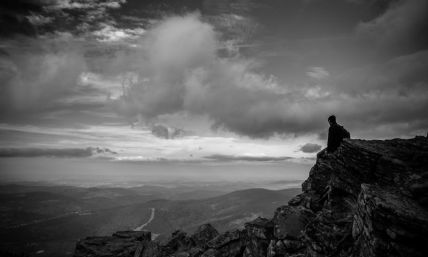
Nadal and her husband knew it was only a matter of time before ISIS descended upon their village just outside of Qaraqosh, Iraq.
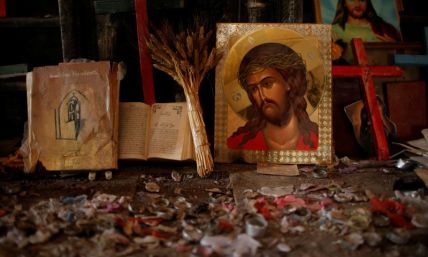
"I am a cancer survivor," I said. Many people in the room began to weep. Though they had wonderful doctors and nurses, their medical resources were almost non-existent. I looked into the faces of men and women who would surely be dead in a few months. "Yes, I am a cancer survivor," I told them. "But someday I will die, and so will you. Today, I have come to tell you how you can live forever."

Omar, a refugee, described the food crisis his family has been suffering through: "We had one loaf of bread to live on for 20 days." Nothing to eat — that's the number one problem refugees around the world are facing this summer.
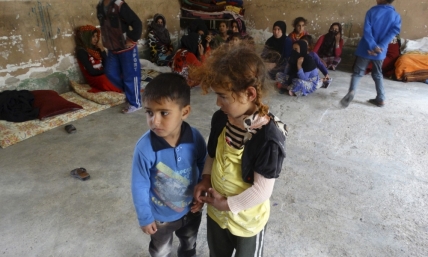
Just a few weeks ago, I traveled to the DMZ to interview North Korean Christian defectors who have been persecuted for their faith. I expected to hear stories of torture and imprisonment — and I did — but I wasn't expecting to hear the pleas of hundreds who want peace and for the two Koreas to be reunited.
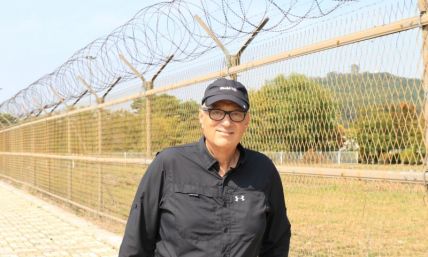
Tens of thousands of homes and several main bridges were damaged or destroyed during battle. In some places, entire streets disappeared under the rubble of concrete, dust and rebar. In a desperate attempt to inflict as much damage as possible to the city as they retreated, ISIS set fire to one of the city's hospitals.
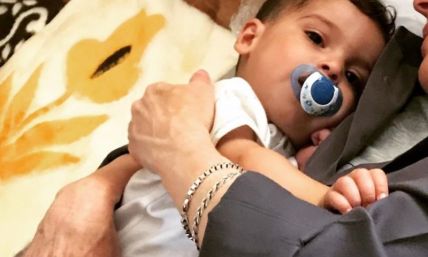
He was asking me to take the baby with me, out of the refugee camp, far away from the terror and death they had fled, and back home to America. He would rather give his child to me — a total stranger — than watch her die in his arms.
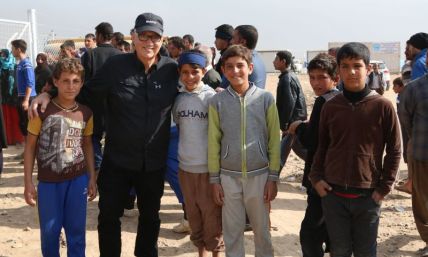
As I write this a combination of Iranian-backed Shiite militias and Sunni tribal fighters, assisted by U.S. and ally airstrikes, mount a siege around the ISIS-controlled city of Fallujah. Inside, thousands of ISIS fighters, who took residence in Fallujah's neighborhoods almost 2.5 years ago, wait: their snipers ready, their land mines buried, their barricades defying the attack.
